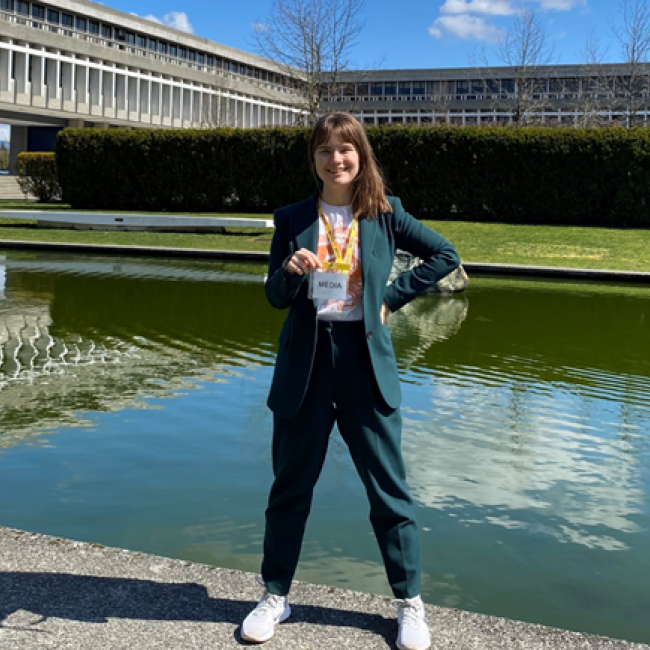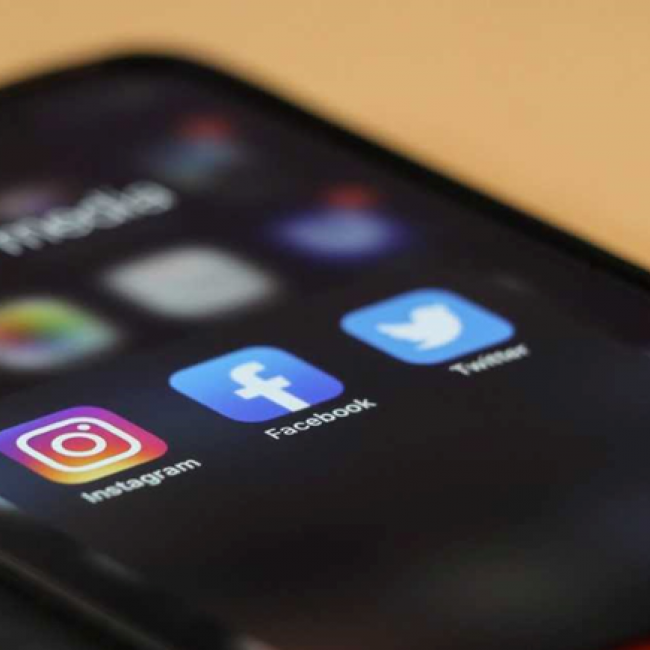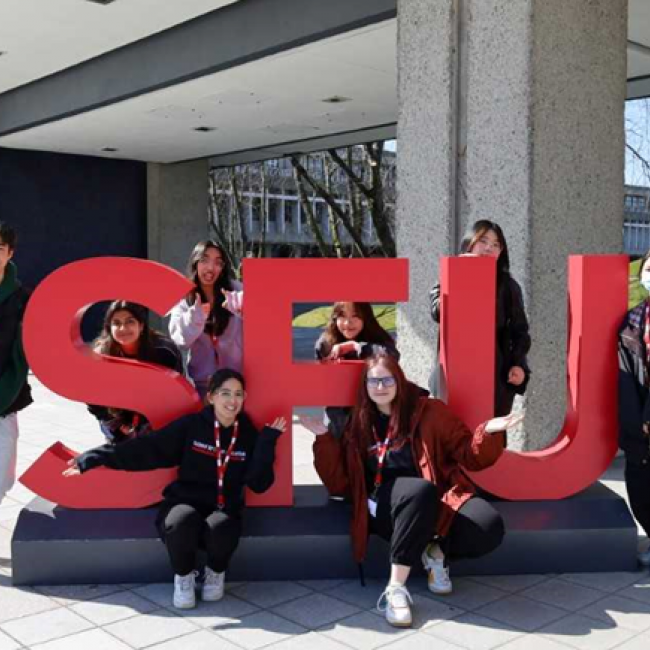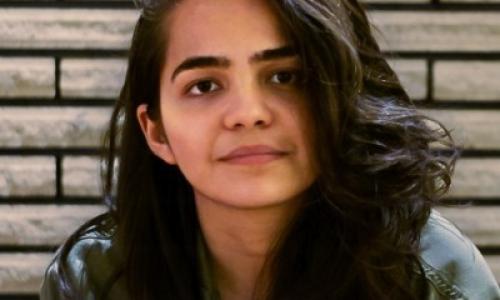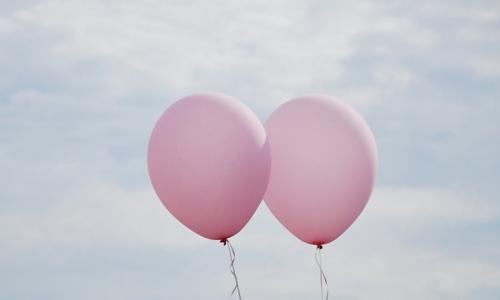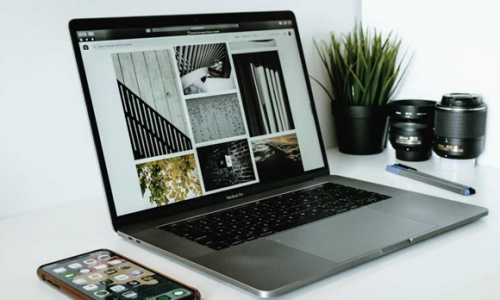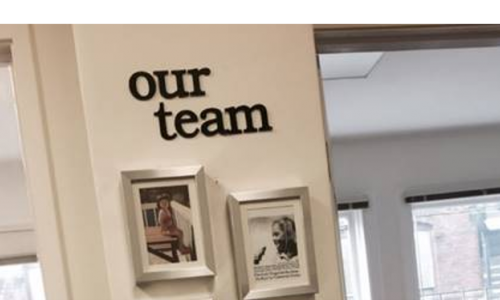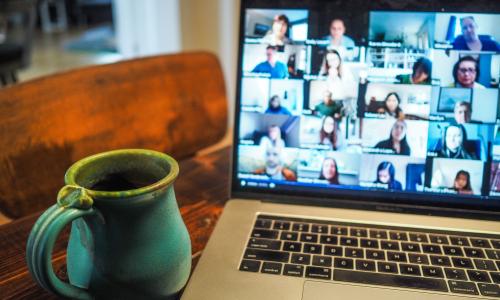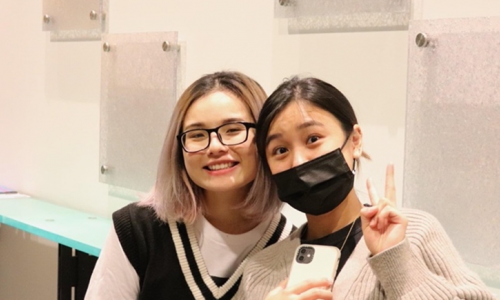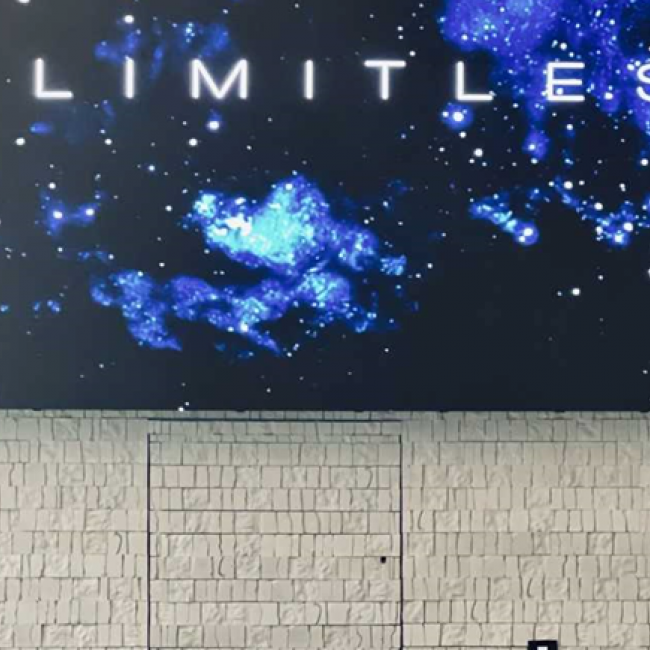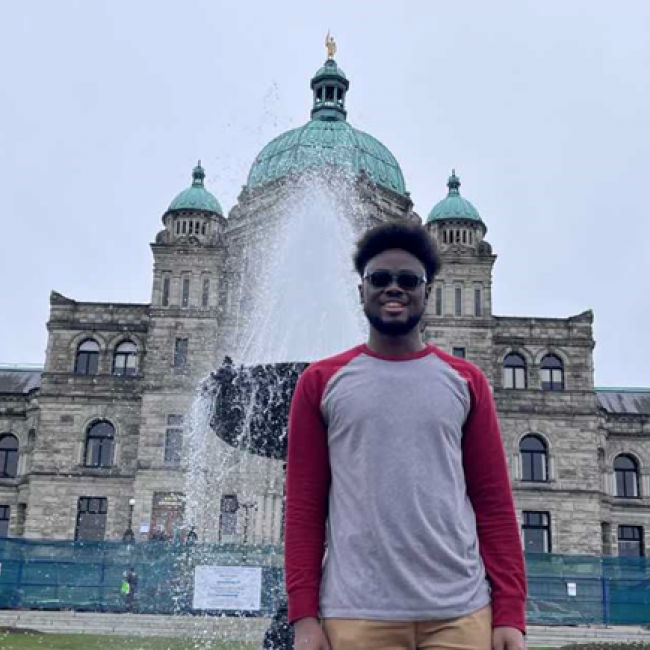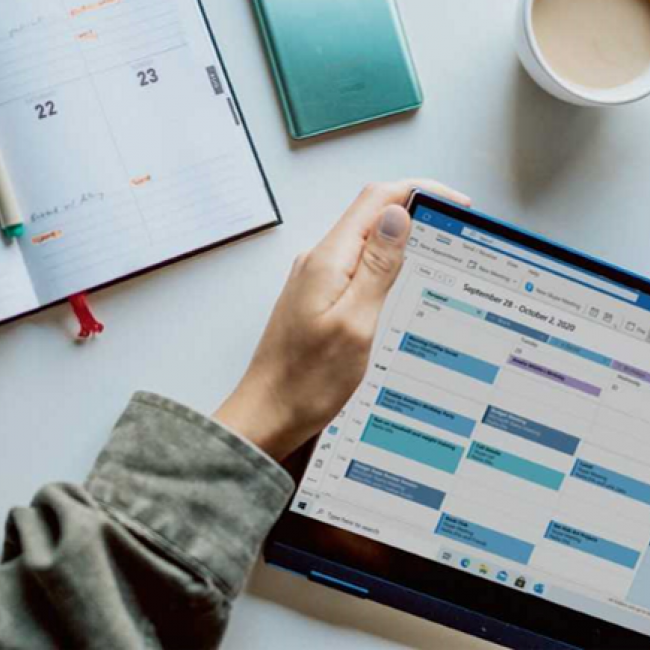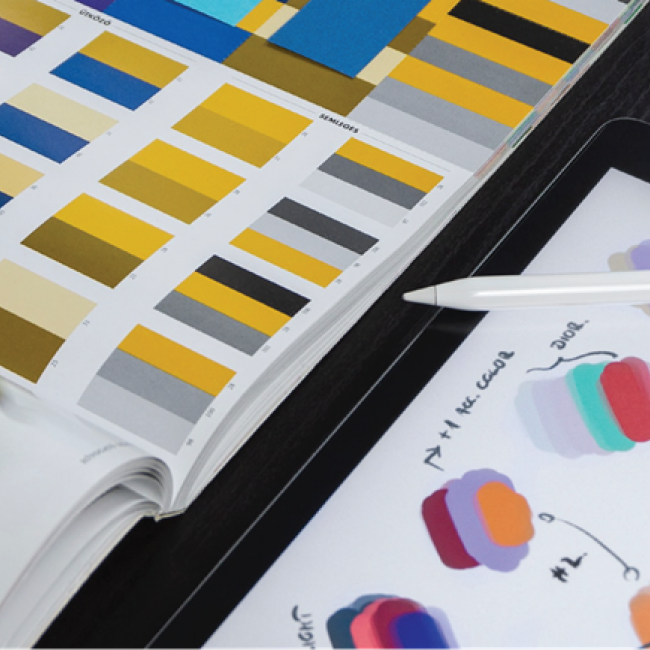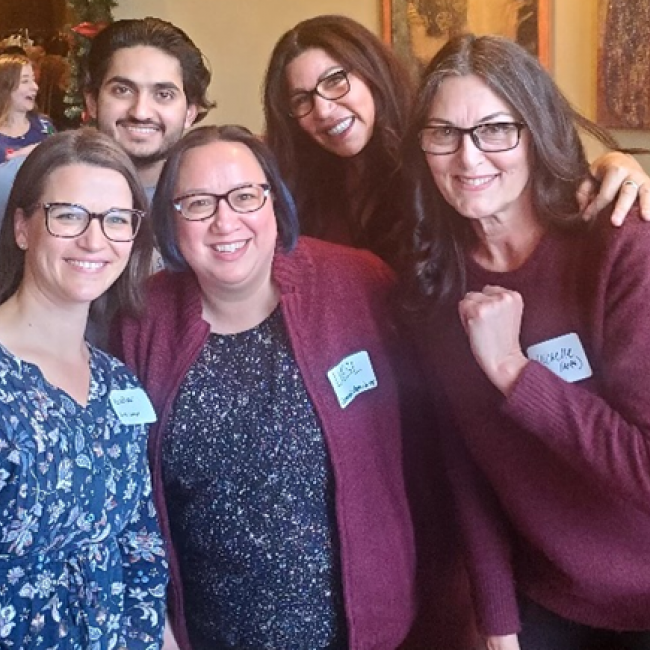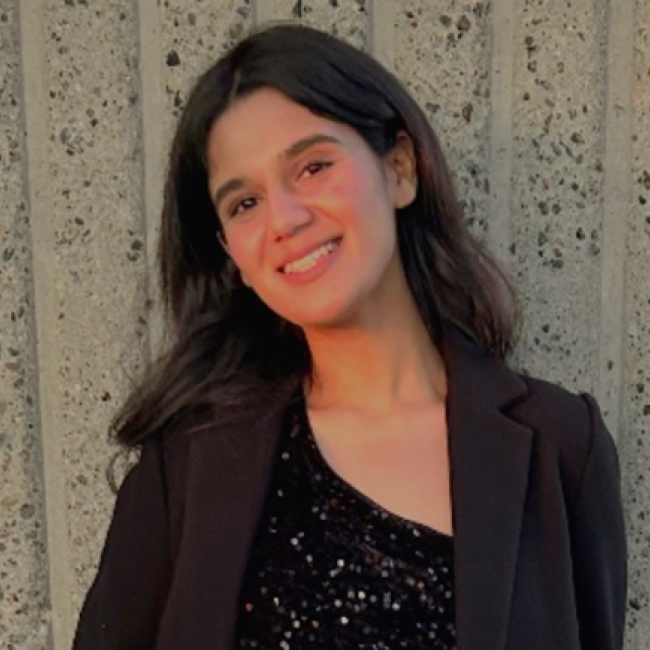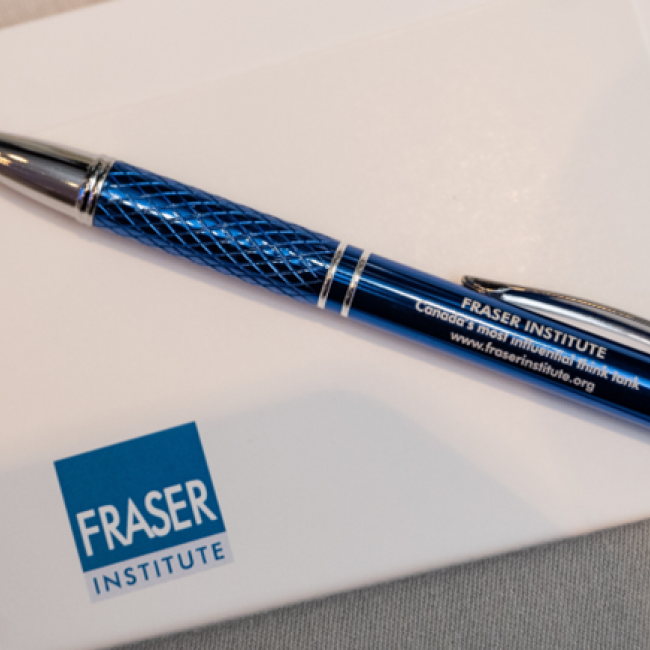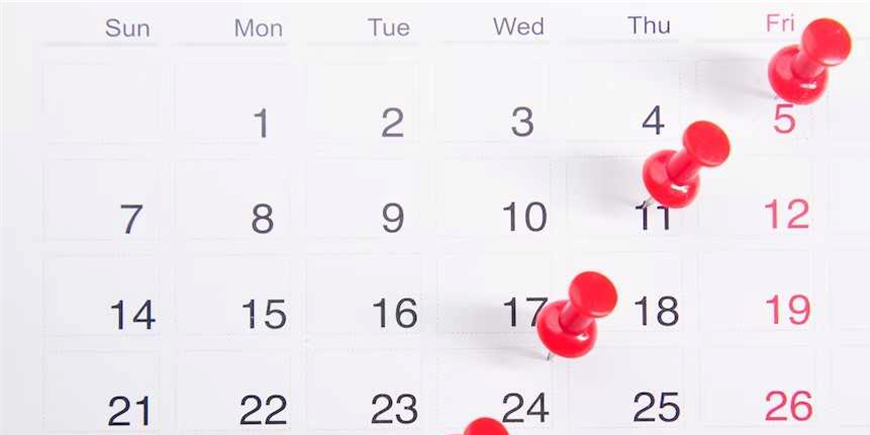
I’ve learned to expect the unexpected in the field of communications, but this semester, that was taken to the next level, as event planning became the focus. While most days were fairly regular office hours, I did once spend the weekend as a guide and mic runner for a research summit. Another time, I got to attend a free class in voguing!
Event planning is something that I’ve often heard is involved in communication jobs–from promotion, to coverage, to archiving–but never had the chance to pursue due to COVID-19 restrictions. As I was working at SFU’s Vancity Office of Community Engagement, and events are a huge part of community engagement, now was the time to pick them back up.
Event outreach, planning, and coordination can be important skills in the field of communication. I even dabbled in this at my last placement, though it was all remote. Here, I got a look at the full, in-person experience. As an example, we’ll focus on one event I helped with: a lecture on ballroom and vogue culture, followed by the aforementioned voguing workshop.
While I wasn’t involved in the formation or coordination of the event itself, as soon as the details were cemented–the date, location, and general structure–the countdown began. One major part of communications & event planning is promotion, and that’s where I first came in. While a coworker made the original graphics, it was my job to take the assets and resize them for other social media platforms. I took something made for Eventbrite and prepped it for everywhere, in every aspect ratio–Twitter, Facebook, Instagram posts, Instagram stories…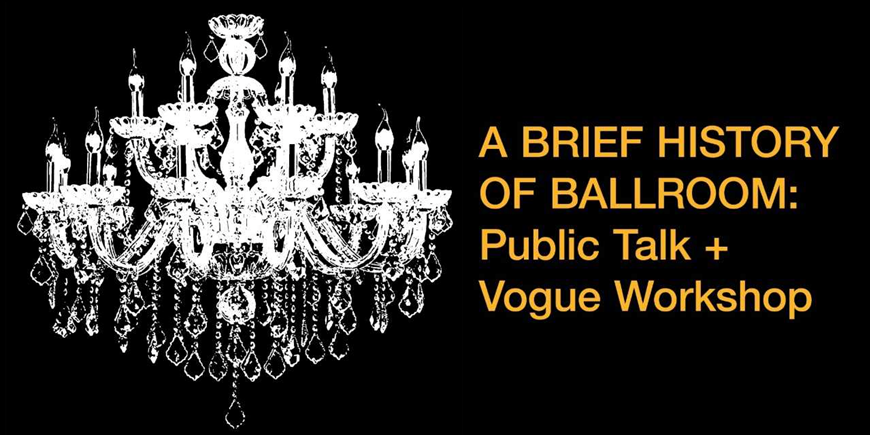
Then came the actual promotion. We actually have a schedule with assigned tasks of who posts where, so we can avoid crossed wires and double posts. Alongside posting to social media, I sent out a good deal of outreach emails, both to partners within SFU and beyond it. As the days counted down and promotions went out, our team got together and decided who’d actually attend the event. Attending an event is a multifaceted job, but an exciting one.
First and foremost, we’re a welcoming presence, both to guest presenters and any members of the public who attend our events. SFU’s Vancouver campus can be pretty hard to navigate, so we’re more than happy to give directions to folks who need it. Besides that, being right in the city, we get visitors from all walks of life, and we want to make university grounds less intimidating. Guests also get our help! We answer questions, get them where they need to be help them settle in and get their equipment ready to go.
Another key part of the job is getting photos & video footage. Besides the entire event being filmed for archiving purposes, we might grab snapshots or short clips to share on the office’s social media–Instagram, Twitter, that kind of thing.
Of course, there’s plenty of time during an event where we aren’t doing any of those things. When that happens, we have the privilege of enjoying and experiencing the event ourselves! This one was an event I had a lot of fun with – a talk on the history of ballroom, followed by a beginner’s workshop in vogue. As a queer person who was briefly obsessed with the ballroom reality show Legendary, it was right up my alley… even if I wasn’t a very good dancer, and trying to duckwalk left my legs aching for days after.
Finally, even after an event’s passed, our job isn’t done. We’ll usually make a post about the event somewhere–or share other peoples’ posts about it, as we did this time around. Someone at The Peak did a write-up on the whole thing, which we were more than happy to boost! Besides that, once the event recording’s been edited and finalized, we’ll add it to our website, in its archive of past events, as well as putting it up on Summit, SFU’s research repository, so it can be easily accessed and cited by others in the future.
Overall, planning, putting on, and archiving an event is a complicated process with a lot of moving parts from start to finish. It was pretty exciting, watching a whole group of people come together to learn and dance, and it made me realize that our events are quite valuable, themselves. We gave a platform to some pillars of queer culture, and that’s something that was just incredible to be a part of. What I do is a very small part of the whole mechanism, but I like to think we’re all valuable, and that our guests left the building educated and empowered–that it was a learning experience for them as much as it was for me.









